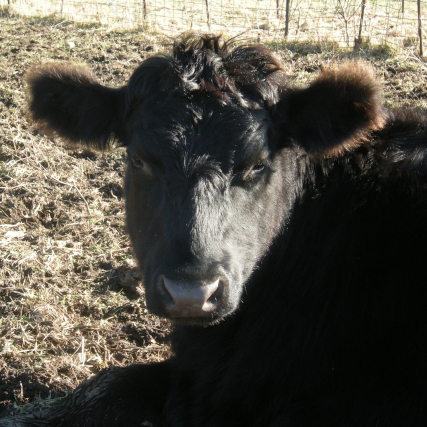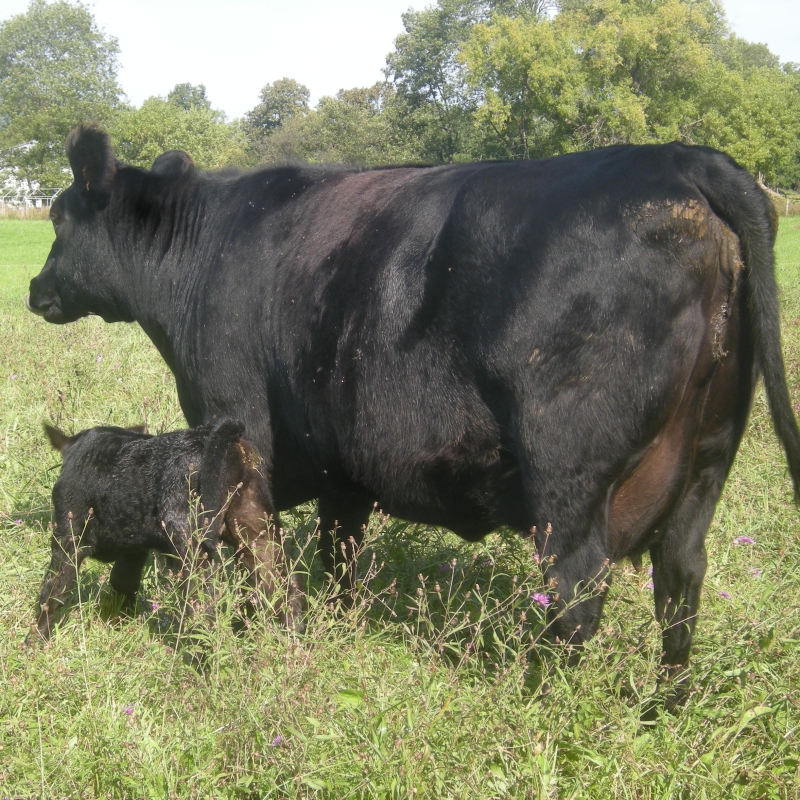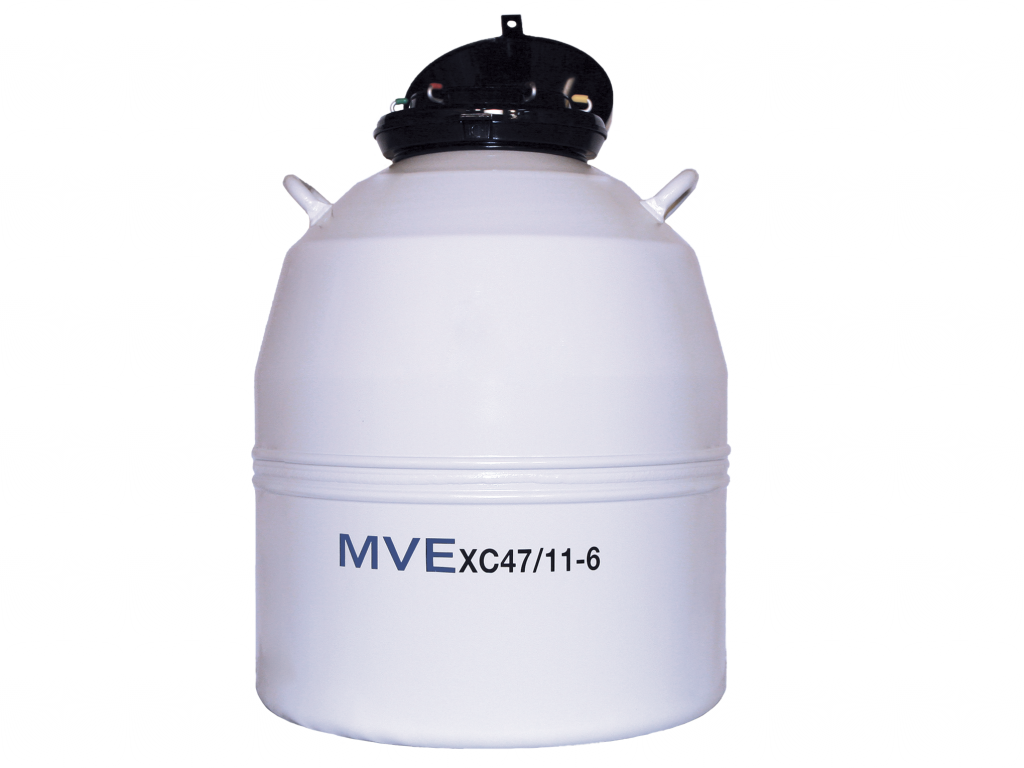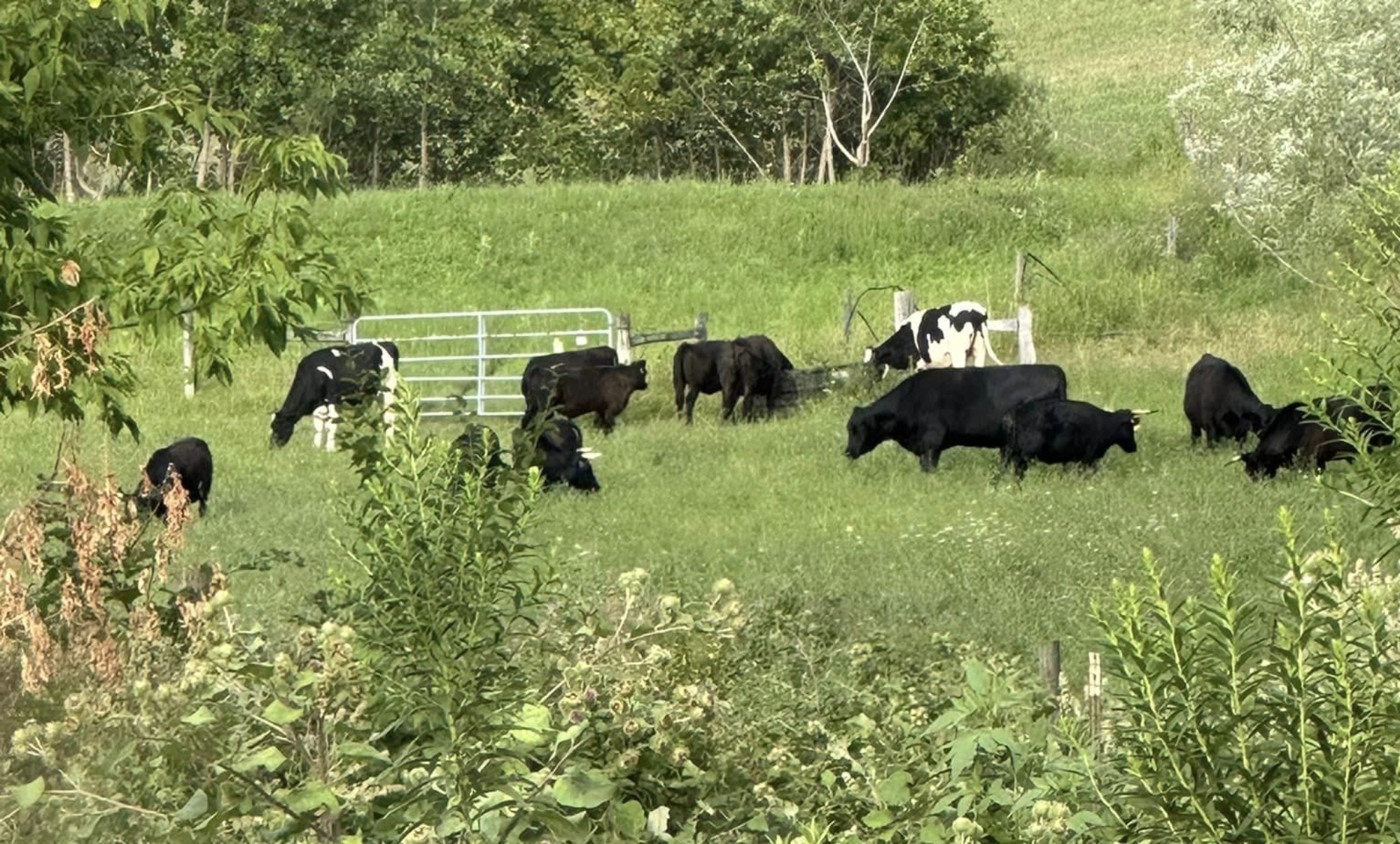
Our second misconception is that cows produce milk all the time.
(Disclaimer: we are not a dairy farm and we do not sell milk; however, we do have a milk cow that provides milk for the family, so we do have a little bit of experience in the field. Also our cows are Angus/Holstein/Jersey crosses. The Holstein/Jersey provides the milkfat, and the Angus helps keep it in a smaller quantity.)
Anybody with any sort of experience with (mammal) pregnancy and childbirth knows that this is not the case – it is after a baby is born that milk is produced to feed the baby.

Basically, the cow gets pregnant, gives birth nine months later, and (here on Southwick Family Farm), once the calf is big enough to eat grass and hay, we milk the mother to provide some milk for the family. Her milk production will gradually decrease, and she will stop lactating until she gives birth again.
But wait! Aren’t you missing an important step?
That’s right! How are the baby calves made here at Southwick Family Farm? For those of you unaware, there have been many human babies and children running around on the farm, and it’s not really safe for us kids to be around a bull.

Welcome to the world that we refer to as the AI guys. Whenever we notice a cow in heat, we’ll ring up our friends at Genex, and they send a worker out with a large pot of liquid nitrogen in the back of their vehicle that contains tubes of semen. The worker will pull out a tube of cheap angus, put on a glove, and go breed our cow in a process called artificial insemination.
It was practically a family tradition for all the kids to go out and sit on hay bales to watch. Terribly exciting stuff we got to do. Hopefully the semen would take, the cow would be pregnant, and we’d have a new calf after nine months. Then we would have milk again.
And there you have it – animal sex ed part 2.
~ Parmenides
